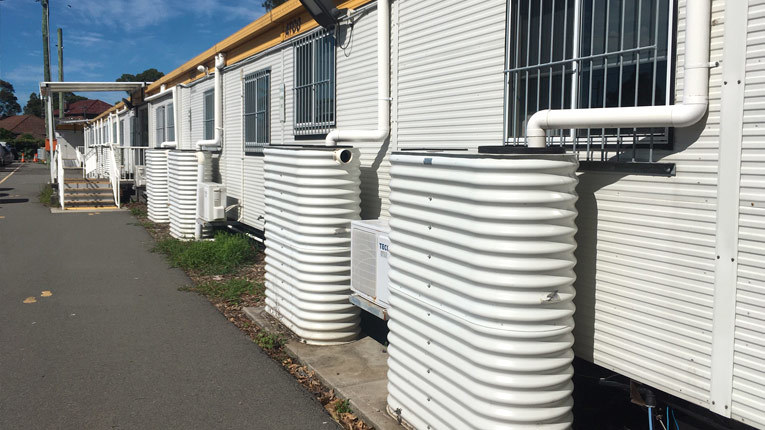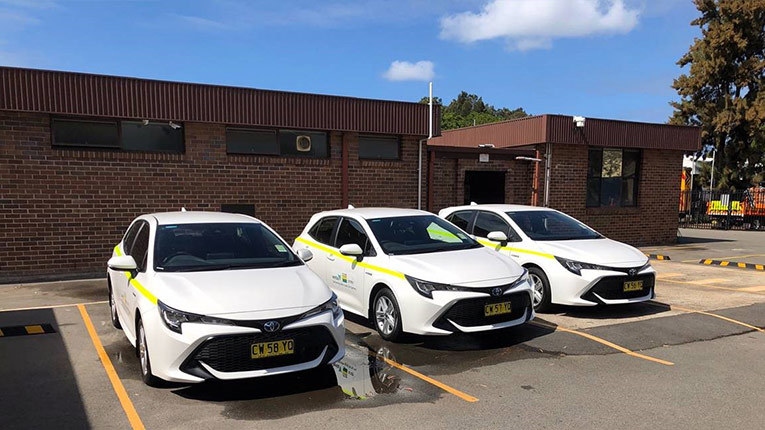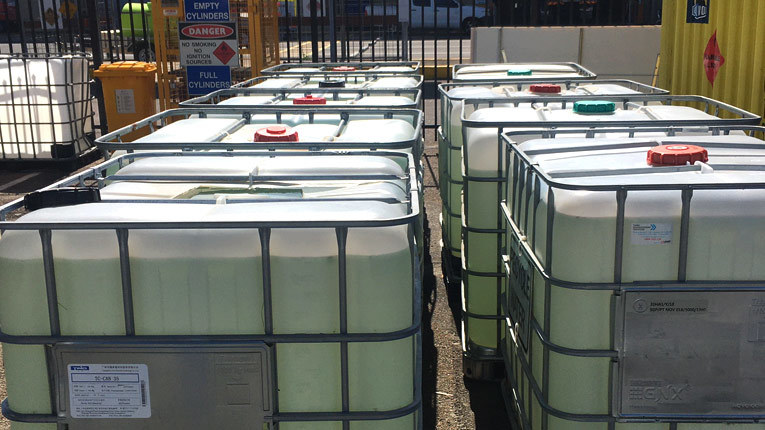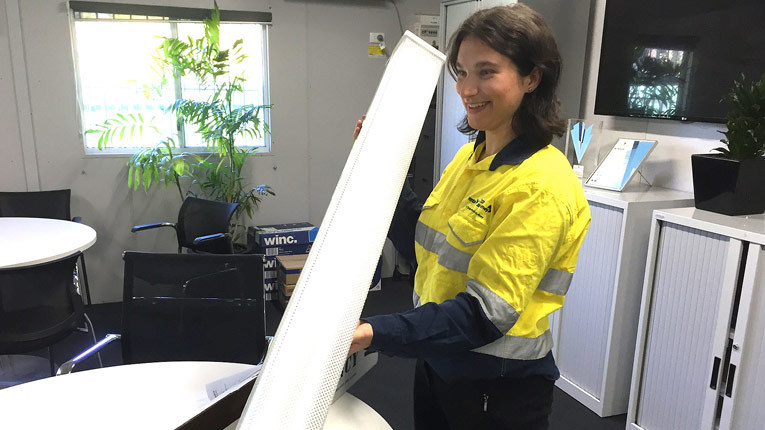
Saving energy, reducing emissions, cutting down on water and aiding the community are all activities that give organisations the opportunity to make a difference when it comes to being responsible for sustainability in business.
As part of their overarching sustainability strategy for 2020-21 the team at Ventia Boral Amey (VBA) have put in place several improvements in alignment with client Roads and Maritime Services (now Transport for NSW) Sustainability Strategy 2019-2023.
Converting fleet to hybrid vehicles
To help reduce the team's carbon footprint, VBA have upgraded pool vehicles, exchanging three diesel utes for hybrid passenger cars.
As these vehicles are used by VBA employees to visit sites and attend meetings around Sydney, it was determined that the larger diesel utes were not necessary and smaller vehicles met their requirements.
VBA Environmental Manager Saorla Finucane says hybrid vehicles provide an ideal transitional technology on the journey to a zero-carbon future.
"These vehicles use a combination of battery technology (electric engine) and a petrol engine, although the electric engine can power the car on its own," she explains.
We expect to cut our pool vehicle emissions in half with this simple change."
Aside from the environmental benefit these vehicles will bring, it is anticipated that they will also minimise safety risks associated with employees driving large vehicles that are unfamiliar to them.

Three diesel utes have been exchanged for hybrid passenger cars.
Use of rainwater for site activities
VBA are now using rainwater collected from tanks at the Rockdale depot for daily road sweeping operations and for other network usage, following recent upgrades to collection and storage of the rainwater.
To improve water efficiency and sustainability across the project, VBA installed the appropriate infrastructure to extract and store water from the depot's rainwater tanks.
Saorla says they were able to make the most of the heavy rains in February by emptying the tanks prior to the forecasted rain and storing the rainwater in intermediate bulk containers (IBCs). This allowed the rainwater tanks to re-fill during the inclement weather.
"By mid-April this year, over 34,000L had been extracted," Saorla says. "The sweeper is filled at the depot and heads out daily to undertake road sweeping on our network. The sweeper uses approximately 500L per shift, so we want to use rainwater where possible. Rainwater is also available to project work sites and is currently being used at our Salt Pan Creek bridge project."
VBA will continue to extract excess water into IBCs for use on site.

Intermediate bulk containers (IBCs) are used to store rainwater. The water is used in road sweepers to keep local roads clean.
Upgrades to office lighting
With a lifespan more than double that of fluorescent bulbs — up to 60,000 hours — the environmental and cost savings of LEDs is indisputably valuable.
The VBA Rockdale depot upgraded their office lighting in late 2019, replacing 81 fluorescent tube style lights with LED light fittings.
Utilising the incentives available through the NSW Government Energy Saving Scheme (ESS*), they anticipate a payback period of 1.5 years based on energy savings as a result of the more energy efficient LED lights.
Saorla says that it has been calculated that this simple act will result in a 72% reduction in energy consumption from office lighting.
Along with a reduction in energy use, we're further helping the environment through saving around 16 tonnes of CO2 per year," Saorla says.
"And it's important to note that all the older tubes and light fittings were recycled in accordance with the ESS* requirements."
LED's also have less glare than the fluorescents, ensuring a better environment for our people working in the office.
This initiative helps contribute to TfNSW's objective of reducing operational energy consumption (as measured against level of activity) by 15% by 2023.
The plan also acknowledges our client's broader commitment to energy savings through the use of LEDs.
*The ESS is designed to create financial incentives for organisations to invest in energy savings projects, with the scheme covering some of the cost incurred.

Acting Environmental Advisor Grace inspects the new LED lights.